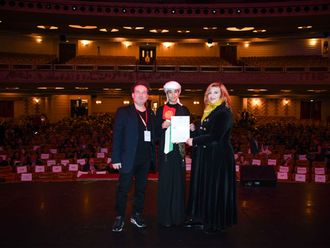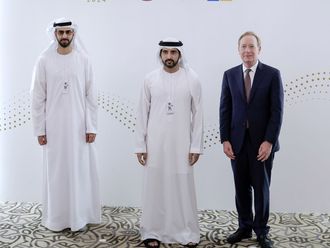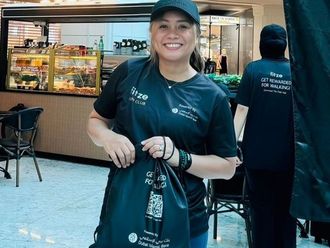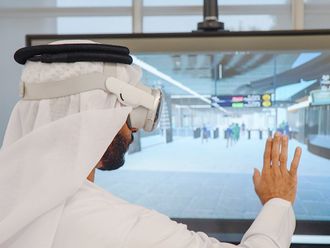An imprisoned Abu Sayyaf leader's offer to negotiate for the release of 26 hostages in the southern Philippines was welcomed by the Philippines government yesterday.
Hector Janjalani, the younger brother of Abu Sayyaf leader, Khadaffy Janjalani, made this announcement in a radio interview from his cell in suburban Quezon City.
Hector, imprisoned last year, has effectively become the Abu Sayyaf's conduit in Metro Manila. Press Secretary, Noel Cabrera, said in response: "We are open to this, for the safe release of the hostages. But the government's policy remains with regard to continuous military operations, no ransom payment and the unconditional release of hostages."
The imprisoned Janjalani said his brother wanted to open up lines of communication with the government for the safe release of the 26 hostages.
But the older Janjalani has demanded that the military and the police pull out from areas in Basilan. Presidential Spokesperson Rigoberto Tiglao, for his part, reiterated: "We will continue to build up military operations in the area. We want the hostages alive, but we don't want ransom payment."
Reports have been doing the rounds that only the rich hostages, taken from a resort in Palawan, have been released because they were each able to pay between $100,000 and $200,000 in ransom.
Catholic Priest Cirilo Nacorda said the payment of ransom is a standard procedure with Muslim hostage-takers.
He himself was parish priest in the village of Matarling, in Isabela, Basilan, when the Abu Sayyaf abducted him and 30 other bus passengers in 1994. Fifteen of those hostages were massacred and 15 others, including Nacorda, freed after a 61-day ordeal.
Looking back now, Nacorda said: "I know that a $40,000 ransom payment was made by the government for our release, after two months of being held in 1994. "I saw the bond for ransom payment, and there were indications then that the ransom money came from the government." Nacorda termed the government's current 'no ransom payment' a "hoax".
He said he realised at that time that top military men had been paid, especially those posted along the 'release route' after he was turned over by the Abu Sayyaf. "The same thing must be happening now," he added.
Armed Forces spokesman Brig. Gen. Edilberto Adan, however, quashed reports made by other recently-released hostages that they paid the military men some form of 'road toll payment'. "I think that negotiations and actual ransom payment are going on during the current lull in the military operation in Basilan. They said the military is preparing a major rescue operation," said Nacorda.
Ironically, Nacorda nearly fell into the Abu Sayyaf's clutches for a second time recently when the group raided his church Lamitan. Nacorda's bodyguard was killed but he managed to escape by hiding in a safe place.
Manila open to talks with rebels
An imprisoned Abu Sayyaf leader's offer to negotiate for the release of 26 hostages in the southern Philippines was welcomed by the Philippines government yesterday.












